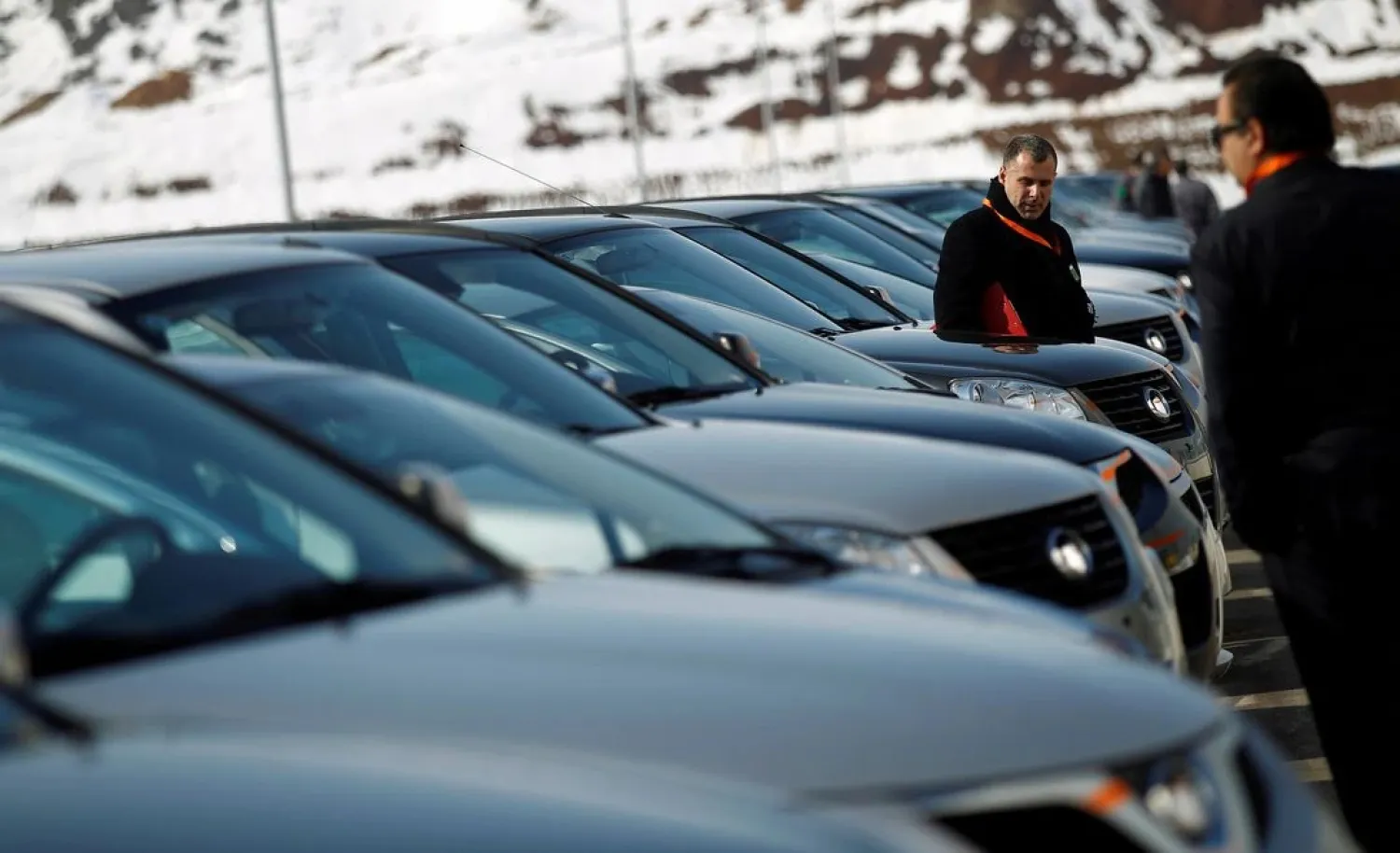Great Wall Motor will launch an electric compact car and a plug-in hybrid SUV in Europe in 2022, it said on Monday, joining a growing number of Chinese carmakers trying their luck on the continent with low or zero-emission vehicles.
The company said at the IAA car show in Munich it will start taking orders for the Coffee 01 plug-in SUV for the German market at the end of 2021. Deliveries of the vehicle, which will have an electric range of 150 kms (93.2 miles) and will be marketed under Great Wall's WEY brand, will start in the first half of 2022.
The IAA show is the first major motor industry event worldwide since the COVID-19 pandemic.
The Chinese carmaker said it will announce other European markets besides Germany for the Cofee 01 soon. The company will also launch its first European "brand experience center" in Munich in early 2022.
Great Wall said the compact electric car, which will fall under its ORA brand and have a range of up to 400 kms, will also come to Europe in 2022. Orders will open for the ORA CAT toward the end of 2021, but the company did not specify in which markets it will be sold.
Chinese electric vehicle (EV) maker Nio Inc said in May that it had launched its first overseas store in Norway.
Rivals Xpeng Inc and BYD already sell electric cars in Europe.









